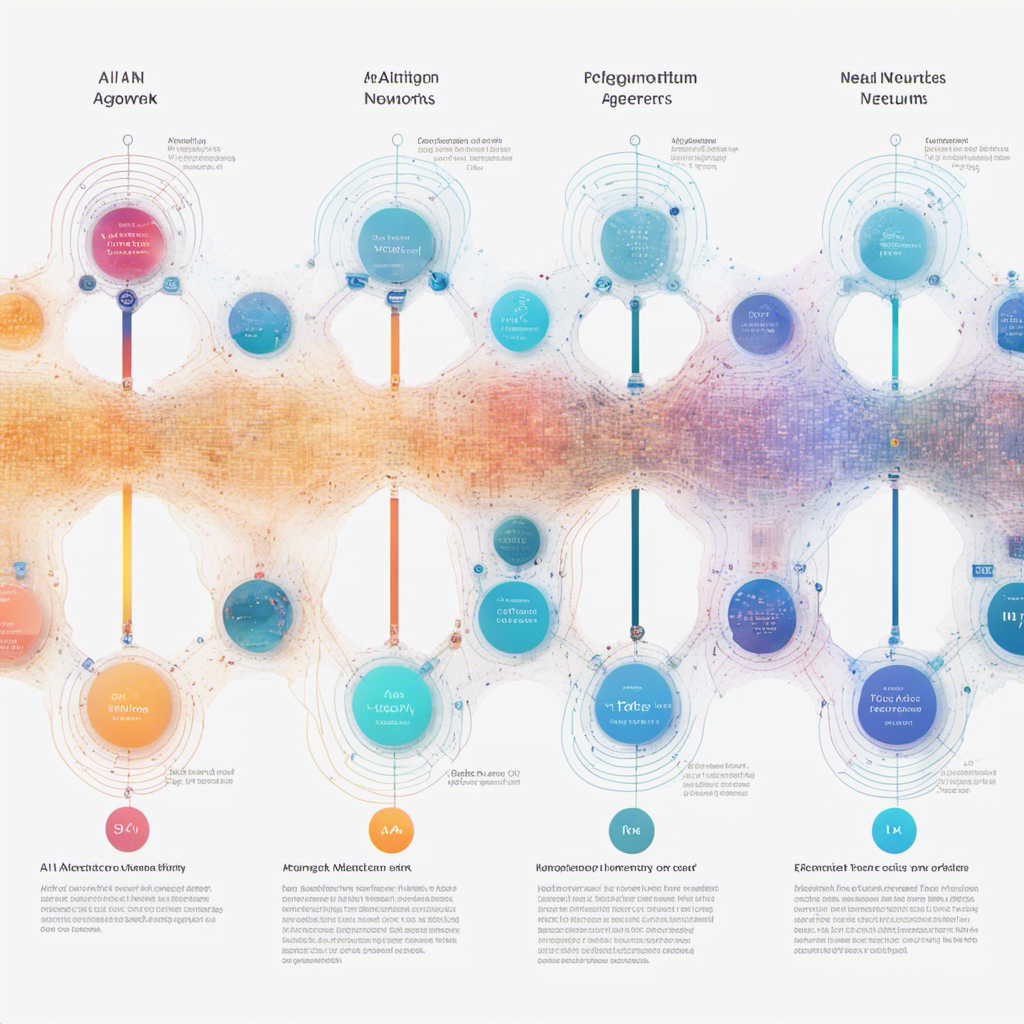Introduction:
Artificial Intelligence (AI) has revolutionized various industries, from healthcare to finance, and has become an integral part of our daily lives. While AI offers immense potential for innovation and advancement, it also raises ethical concerns that need to be addressed. In this comprehensive guide, we will explore the ethical landscape of AI and provide insights for AI enthusiasts on how to navigate these complex issues.

Ethics in AI isn't just a guide; it's the compass by which we navigate the future of innovation.
INTELLIBIZZAI
Understanding Ethical Considerations in AI: As AI becomes more sophisticated, it is crucial to consider the ethical implications of its applications. Ethical considerations in AI include issues such as privacy, bias, transparency, accountability, and the impact on human employment. By understanding these considerations, AI enthusiasts can ensure that their work aligns with ethical standards.
Privacy and Data Protection: AI systems often rely on vast amounts of data, raising concerns about privacy and data protection. It is essential to prioritize user consent, anonymization, and secure data storage to protect individuals’ privacy rights. Implementing robust data protection measures will help build trust in AI technologies.
Addressing Bias in AI: AI algorithms can inadvertently perpetuate biases present in the data they are trained on. To mitigate bias, AI enthusiasts should strive for diverse and representative datasets and regularly audit their algorithms for fairness. By actively addressing bias, we can ensure that AI technologies are inclusive and equitable.
Ensuring Transparency in AI Systems: Transparency is crucial in AI systems to build trust and accountability. AI enthusiasts should strive to make their algorithms and decision-making processes transparent, enabling users to understand how AI systems arrive at their conclusions. Transparent AI systems foster a sense of trust and empower users to make informed decisions.
Accountability in AI: As AI systems become more autonomous, ensuring accountability becomes paramount. Developers should be accountable for the actions and decisions made by their AI systems. Establishing clear lines of responsibility and accountability will help address potential ethical concerns that may arise.
Ethical Considerations in AI Research: AI enthusiasts should be mindful of the ethical implications of their research. This includes obtaining informed consent from participants, ensuring the responsible use of data, and considering the potential societal impact of their work. Ethical research practices are essential for the advancement of AI technologies in a responsible and sustainable manner.
AI and Human Employment: The rise of AI has sparked concerns about job displacement. AI enthusiasts should consider the potential impact of their work on human employment and strive to develop AI technologies that augment human capabilities rather than replace them. By focusing on collaboration between humans and AI, we can create a future where both can thrive.
Ethical Decision-Making in AI: Developing ethical AI systems requires a structured approach to decision-making. AI enthusiasts should incorporate ethical frameworks, such as fairness, transparency, and accountability, into the design and development process. By prioritizing ethical considerations, we can ensure that AI technologies align with societal values.
Ethical Governance and Regulation: To navigate the ethical landscape of AI effectively, robust governance and regulation are necessary. Governments, organizations, and AI enthusiasts should collaborate to establish guidelines and frameworks that address ethical concerns. This includes developing standards for data privacy, bias mitigation, and accountability.
The Role of AI Enthusiasts in Shaping the Ethical Landscape: AI enthusiasts play a crucial role in shaping the ethical landscape of AI. By actively engaging in discussions, promoting ethical practices, and advocating for responsible AI development, they can contribute to a more ethical and inclusive AI ecosystem. Together, we can ensure that AI technologies are developed and deployed in a manner that benefits society as a whole.

Conclusion:
As AI continues to evolve, navigating the ethical landscape becomes increasingly important. By understanding and addressing ethical considerations such as privacy, bias, transparency, accountability, and human employment, AI enthusiasts can contribute to the responsible development and deployment of AI technologies. By prioritizing ethical practices, we can create an AI ecosystem that is fair, transparent, and beneficial for all. Let us embrace the potential of AI while upholding ethical standards to shape a better future.




